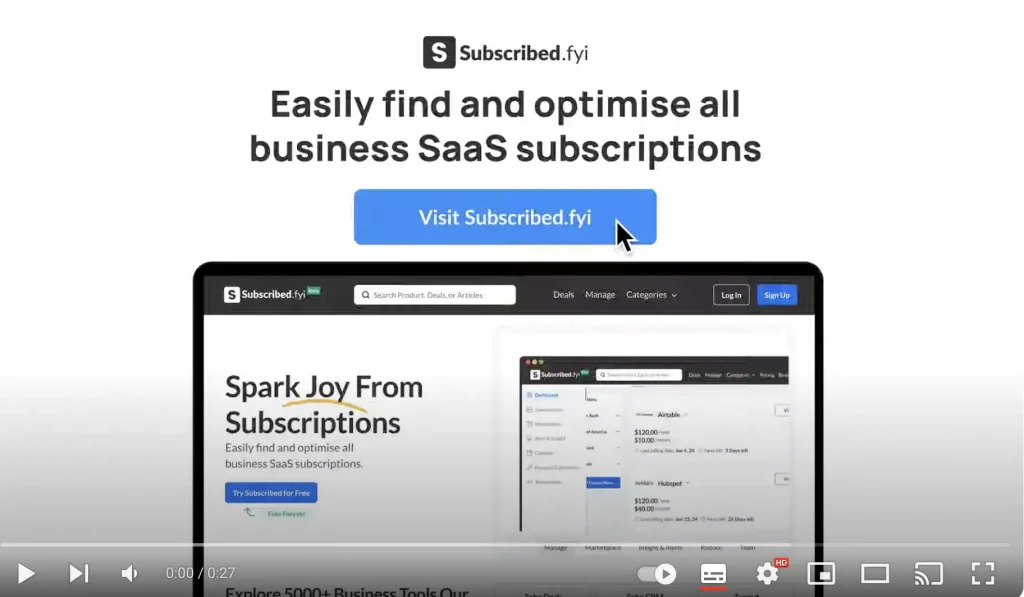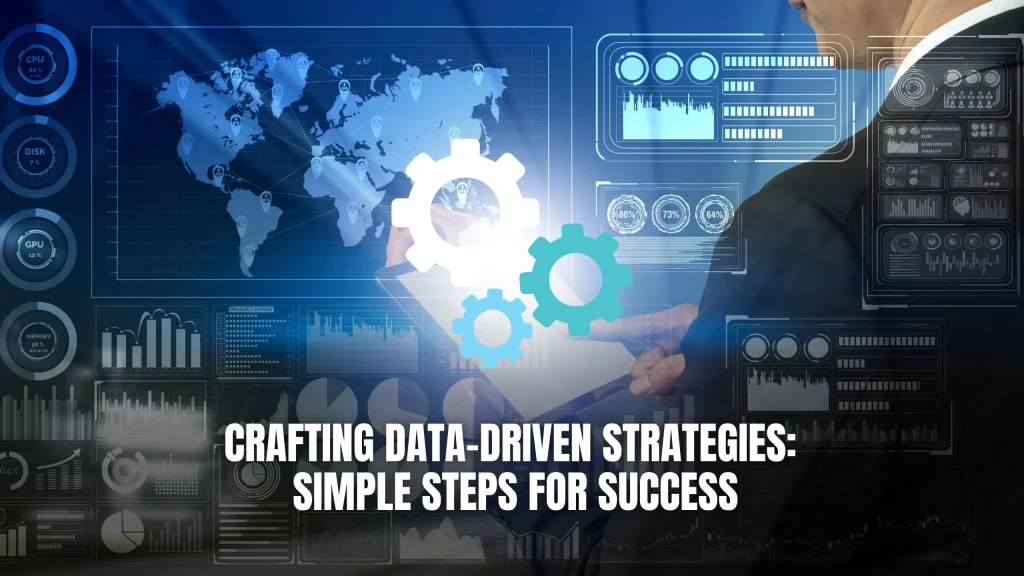Importance of E-commerce: Understanding its Significance

In today’s digital age, e-commerce has emerged as a fundamental aspect of the global economy, revolutionizing the way businesses operate and consumers shop. From small startups to multinational corporations, the significance of e-commerce cannot be overstated. In this comprehensive guide, we will delve into the importance of e-commerce, exploring its profound impact on businesses, consumers, and the economy as a whole.
The Evolution of E-commerce
E-commerce, or electronic commerce, refers to the buying and selling of goods and services over the internet. What began as a novel concept in the early days of the internet has now evolved into a multi-trillion-dollar industry, encompassing a wide range of businesses and transactions. With the advent of technologies such as mobile devices, social media, and cloud computing, e-commerce has experienced exponential growth, offering unprecedented opportunities for businesses to reach global markets and consumers to access products and services with ease.
Understanding the Significance of E-commerce
1. Global Reach and Accessibility
One of the most significant advantages of e-commerce is its ability to transcend geographical boundaries and reach customers anywhere in the world. Unlike traditional brick-and-mortar stores, which are limited by physical location, e-commerce websites can be accessed by anyone with an internet connection, providing businesses with a vast and diverse customer base.
2. Convenience and Flexibility
E-commerce offers unparalleled convenience and flexibility to both businesses and consumers. With online shopping, consumers can browse products, compare prices, and make purchases at any time of day or night, from the comfort of their own homes. For businesses, e-commerce eliminates the need for physical storefronts and allows for 24/7 sales operations, reducing overhead costs and increasing efficiency.
3. Cost-Effectiveness and Scalability
Compared to traditional retail models, e-commerce offers significant cost savings and scalability opportunities for businesses. With lower overhead costs, such as rent, utilities, and staff salaries, e-commerce businesses can allocate more resources to product development, marketing, and customer acquisition. Additionally, e-commerce platforms and SaaS solutions enable businesses to scale their operations rapidly to meet growing demand without incurring substantial infrastructure costs.
4. Data-Driven Insights and Personalization
E-commerce provides businesses with valuable data and analytics tools to understand customer behavior, preferences, and trends. By analyzing website traffic, purchase history, and demographic information, businesses can personalize the shopping experience, recommend relevant products, and target specific customer segments with tailored marketing campaigns. This data-driven approach not only improves customer satisfaction but also increases sales and customer loyalty.
5. Competitive Advantage and Innovation
In today’s competitive marketplace, e-commerce can provide businesses with a significant competitive advantage by enabling them to innovate, adapt, and stay ahead of the curve. Whether through innovative product offerings, streamlined logistics, or cutting-edge technology implementations, businesses that embrace e-commerce can differentiate themselves from competitors and capture market share in an ever-changing landscape.
Relevant SaaS Products for E-commerce
- Shopify: Shopify is a leading e-commerce platform that allows businesses to create online stores, manage inventory, and process payments seamlessly.
- WooCommerce: WooCommerce is a customizable e-commerce plugin for WordPress websites, offering features such as product management, payment integration, and shipping options.
- BigCommerce: BigCommerce is a cloud-based e-commerce platform that provides businesses with scalable solutions for building and growing online stores.
- Magento: Magento is an open-source e-commerce platform with robust features for creating customizable online stores, managing products, and optimizing the shopping experience.
- Mailchimp: Mailchimp offers e-commerce marketing tools, including email campaigns, automation, and audience segmentation, to help businesses drive sales and engage customers effectively.
Leveraging Subscribed.FYI Deals for E-commerce Success
For businesses seeking to optimize their e-commerce operations and leverage the power of SaaS solutions, Subscribed.FYI offers access to a curated selection of tools and resources tailored to meet their specific needs. From e-commerce platforms and marketing automation to analytics and customer support, Subscribed.FYI Deals provides valuable insights and discounts to help businesses succeed in the competitive world of online retail.
Relevant Product Links:






